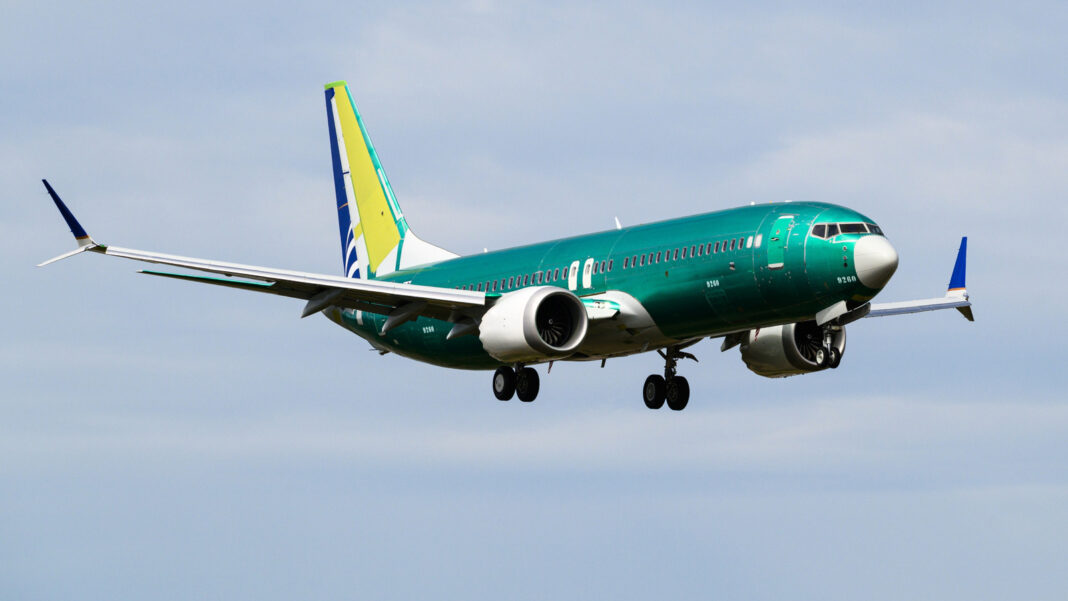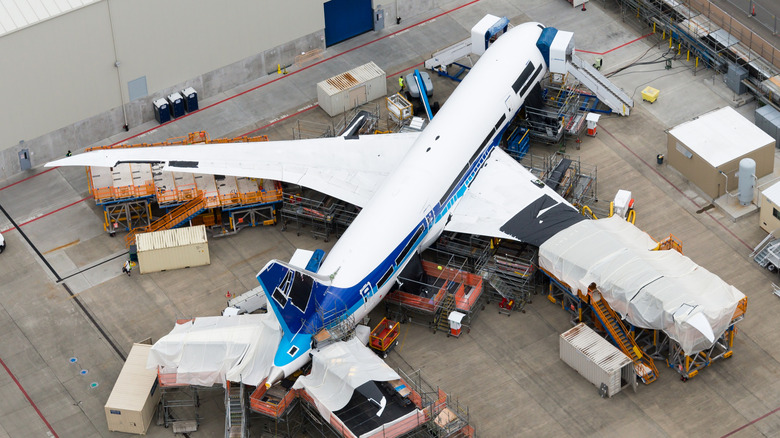Effective September 29, the FAA will once again allow Boeing to certify its own planes for safety, sort of, some of the time. This means that the company can declare new 737 MAX and 787 airliners as airworthy, which legally enables the aircraft to fly. While this is normally routine, the FAA stripped away Boeing’s ability to do this for the 737 MAX in 2019 after two horrific crashes that year were attributed to the company’s lax safety culture. In 2022, the federal agency also disallowed the manufacturer from self-certifying the 787 Dreamliner over problems with production quality. Now, the FAA has determined that Boeing has learned its lesson and can now be trusted again — half the time.
Like some sort of coparenting arrangement for planes, the new deal will only give Boeing back this authority every other week. The other weeks, the FAA will retain sole authority. This does not appear to have any historical precedent. Typically, the FAA will give a trusted manufacturer an Organization Designation Authorization (ODA), which allows the agency to delegate federal oversight work to the company in question. Boeing has done this self-certifying work for decades, and in fact, continues to do so for all planes other than the 737 MAX and 787.
After the crashes, the FAA realized it needed to directly oversee safety on those two Boeing aircraft. Rebuilding the company’s safety culture has been a priority for CEO Kelly Ortberg, and there’s no reason to think that the FAA ever intended to keep direct oversight permanently. Still, the alternating week approach is a curveball.
Passing the buck, one week at a time
According to the FAA’s statement, it “will only allow this step forward because we are confident it can be done safely.” That’s great, but it still doesn’t explain why certification swaps off every week. The agency says its inspectors will use the off-weeks to “provide additional surveillance in the production process” and ensure “that Boeing employees can report safety issues without fear of retribution.”
This feels like it might be a compromise of some kind, between a group that wanted to fully delegate again and a group that wanted to maintain full oversight. Now, the FAA is doing both at once, basically. How will that work in practice? That remains to be seen, but I would bet that Boeing will try to finish (and thus certify) new planes on its own weeks. We’ll see.
It’s worth noting that the Trump administration in general has been giving Boeing the white glove treatment. Signing major airplane deals with foreign countries has been one of its key accomplishments so far, so it has reason to want Boeing to thrive. The DOJ also dropped criminal charges related to the 737 MAX crashes in May, essentially reaching a $1 billion settlement with the manufacturer. So the FAA loosening its oversight lines up with administration priorities here.
h/t CNN

